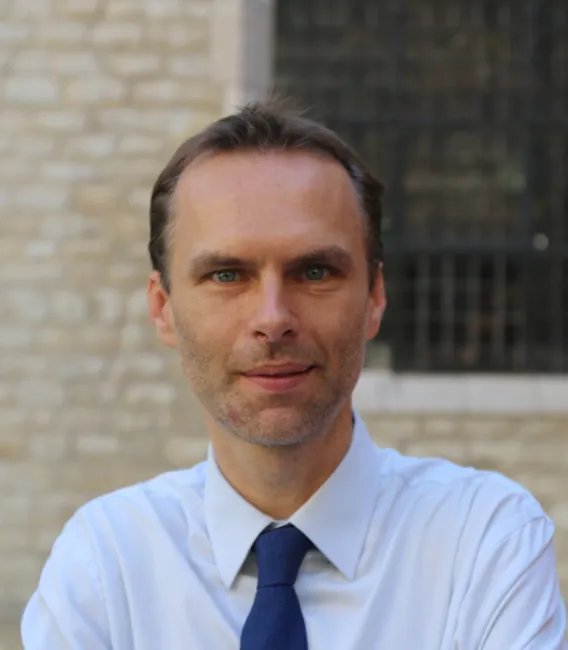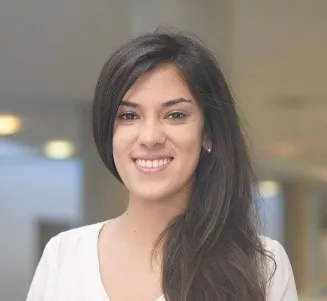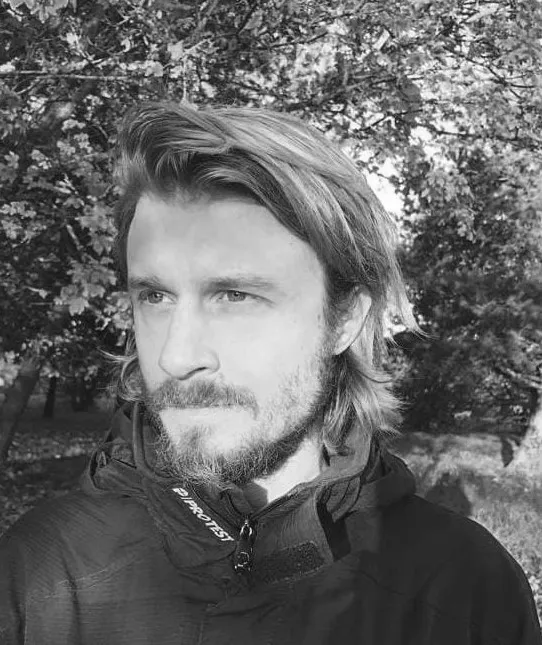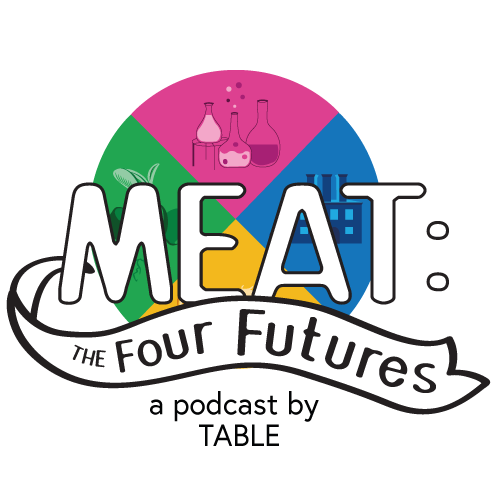Episode summary
What are your first thoughts when you see a piece of steak on a plate or a big pot of chicken soup - healthy meal? Piece of animal flesh? Comfort food? In this episode we explore how our values, ethics and where we live impacts our relationship with meat and livestock.
We dig into the history of the diet humans evolved to eat, visit Burkina Faso and India to hear two different solutions to meet the surging demand for meat across the Global South, and talk about the ethics of eating animals in the West, where we’re often distant and detached from where meat comes from.
Listen to each part

Part 1 - Meat matters, past and present diets (14 minutes)
Frédéric Leroy, food scientist at Vrije Universiteit Brussel in Belgium, explains the biological and social history of how meat was the food that made us human. We also tell the story of what he sees as anti-meat bias in western scientific discourse.

Part 2 - Meat, as a livelihood and a bank (5 minutes)
Vinsoun Millogo, livestock researcher at Nazi Boni University in Burkina Faso, talks about the cultural status of livestock in Burkina, consumption and production trends, and his hopes for the future of meat in West Africa.

Part 3 - The future of alternative meat in India (5 minutes)
Nicole Rocque, senior innovation specialist at the Good Food Institute India, talks about the unique environmental and health challenges in India, the promise of the global alternative protein sector and India's potential role in accelerating this future.

Part 4 - Meat paradox of the western world (13 minutes)
Rob Percival, author of The Meat Paradox, talks about the emotional and ethical complexity of eating animals. We probe the cognitive research and cultural mechanisms that show we can care about animals and treat farmed animals badly at the same time.
Scientific articles and resources referenced
Animal board invited review: Animal source foods in healthy, sustainable, and ethical diets (Frédéric Leroy et al, 2022)
The Meat Paradox (Rob Percival, 2022)
Red meat and the risk of bowel cancer (NHS, 2021)
Eat Less Red Meat, Scientists Said. Now Some Believe That Was Bad Advice (NY Times, 2019)
Africa Sustainable Livestock 2050: Burkina Faso (FAO, 2018)

